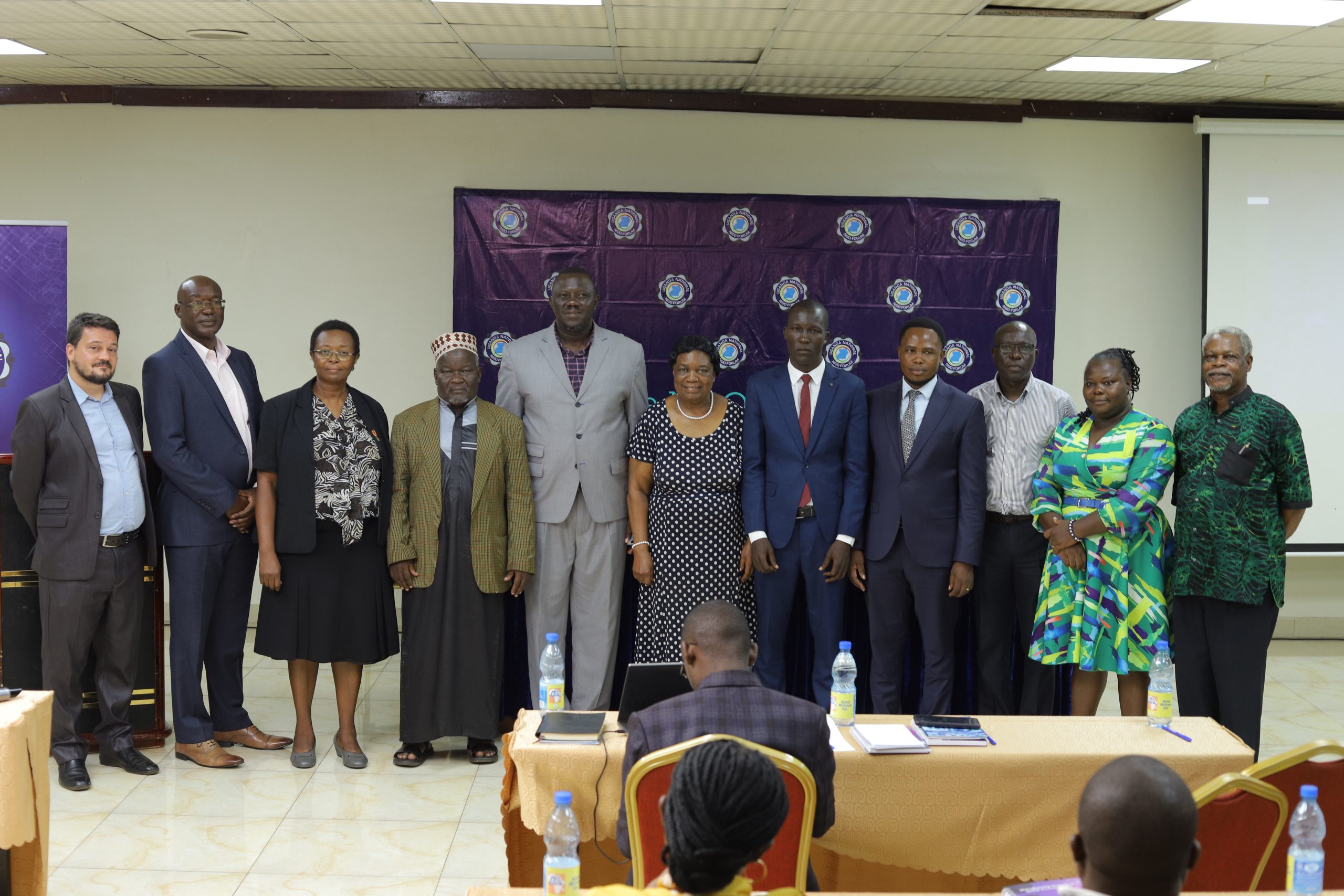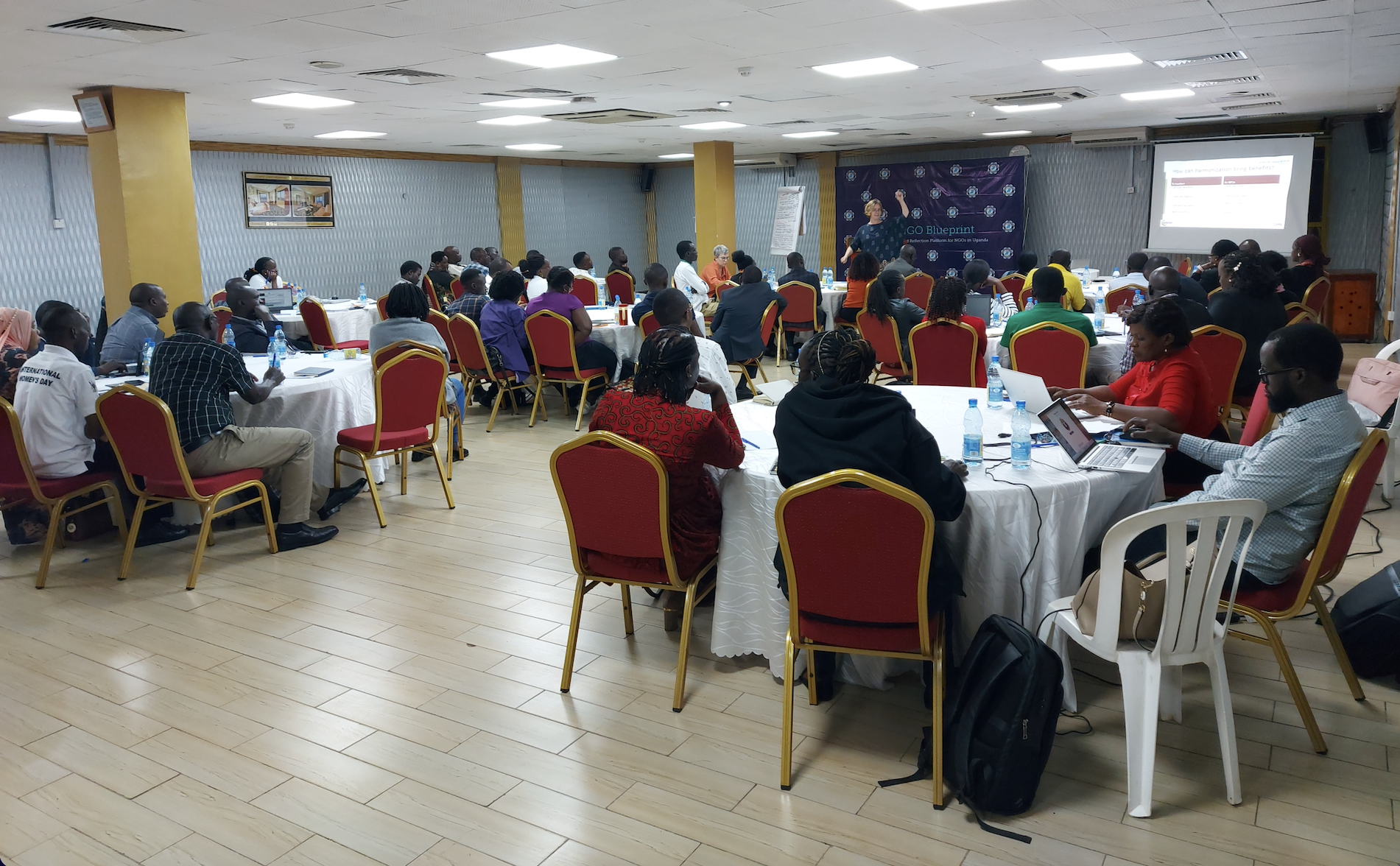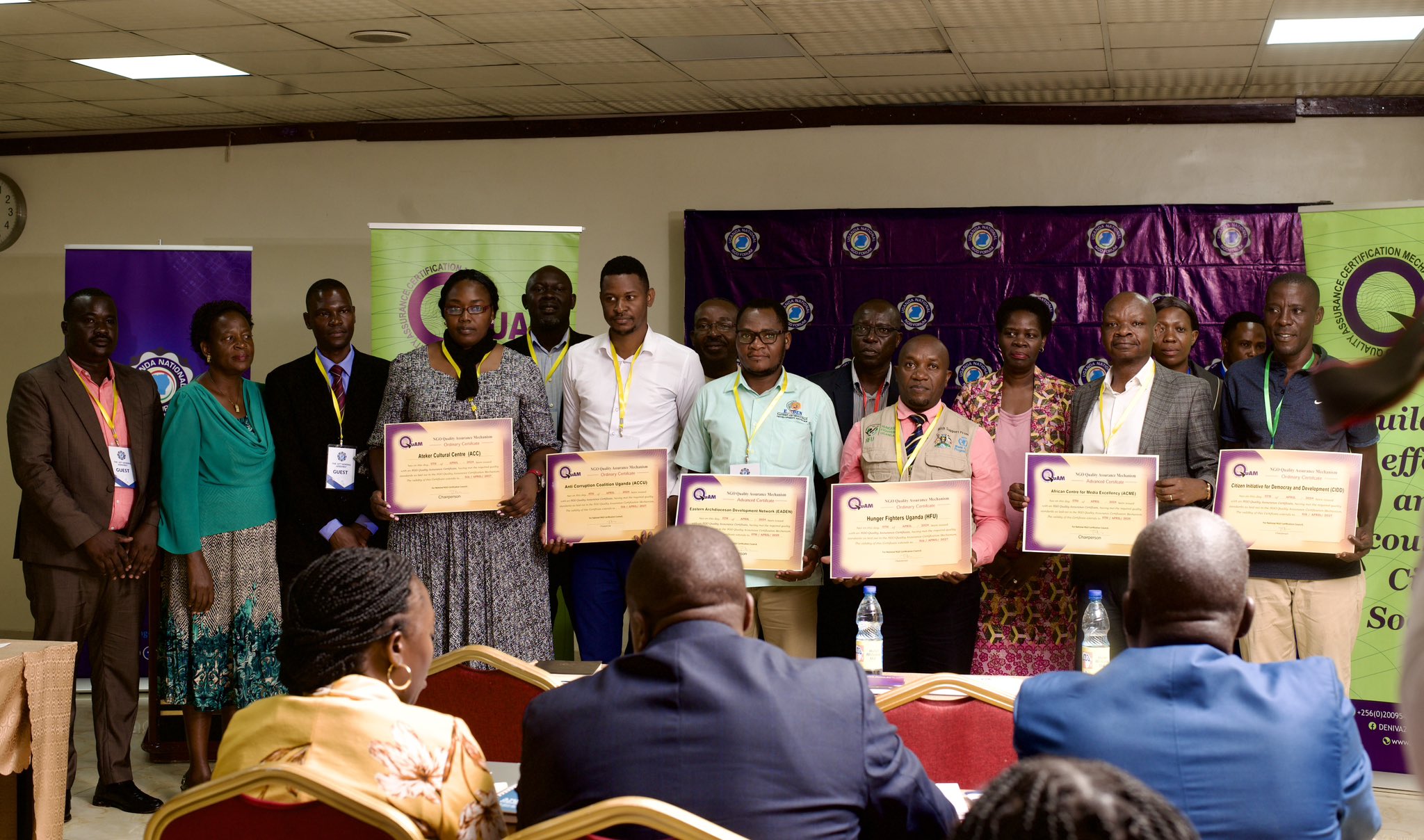Social Accountability In Practice; Transparent Leadership Important
In partnership with Lira NGO Forum, the Uganda National NGO Forum held the Social Accountability Learning Event for Northern region on 17th September 2015, at Pacific Hotel, Lira District, still under the theme “Creating Linkages between Local National and National Accountability Platforms for effective advocacy”.
This meeting brought together over 50 representatives, including CSO representatives, local government officials and media from the region.
On the concept of social accountability and its tenets, the Head of Programs UNNGOF, Mr. Alfred Nuamanya hinted at the obligation of the state to put in place policies, plans, and improved services that are responsive to citizen needs; and the rights of citizens to demand accountability. Explaining the social accountability framework, Mr. Nuamanya also mentioned that it is a public obligation to pay taxes that gives citizens the right to demand for accountability.
The key benefits of social accountability were highlighted as; improved governance; improved public policies and services and empowerment of citizens for better and rational decision making.
In addition, Mr. Nuamanya affirmed that while social accountability encompasses a broad array of diverse practices, there are three building blocks that are common to social accountability approaches. These include; accessing information; making the voice of citizens heard and engaging in a process of negotiation.
Participants agreed that to enhance their social accountability initiatives. There’s need for CSOs to adequately address the issue of participation among citizens by sharing information publicly and involve them to inspire ownership; the use of simplified monitoring tools, providing adequate information on the issue to be monitored, need for competence among monitors; address the linkages between Local Government and Civil Society through continuous information sharing and regular meetings.
It was unanimously agreed that factors like poor negotiation skills; poor coordination among civil society advocacy groups, absence of an effective voice; poor relationship with leaders; poor service delivery all hinge from lack of information and absence of an information sharing culture. It is therefore imperative for leaders to be transparent in sharing information as an obligation to the public.



